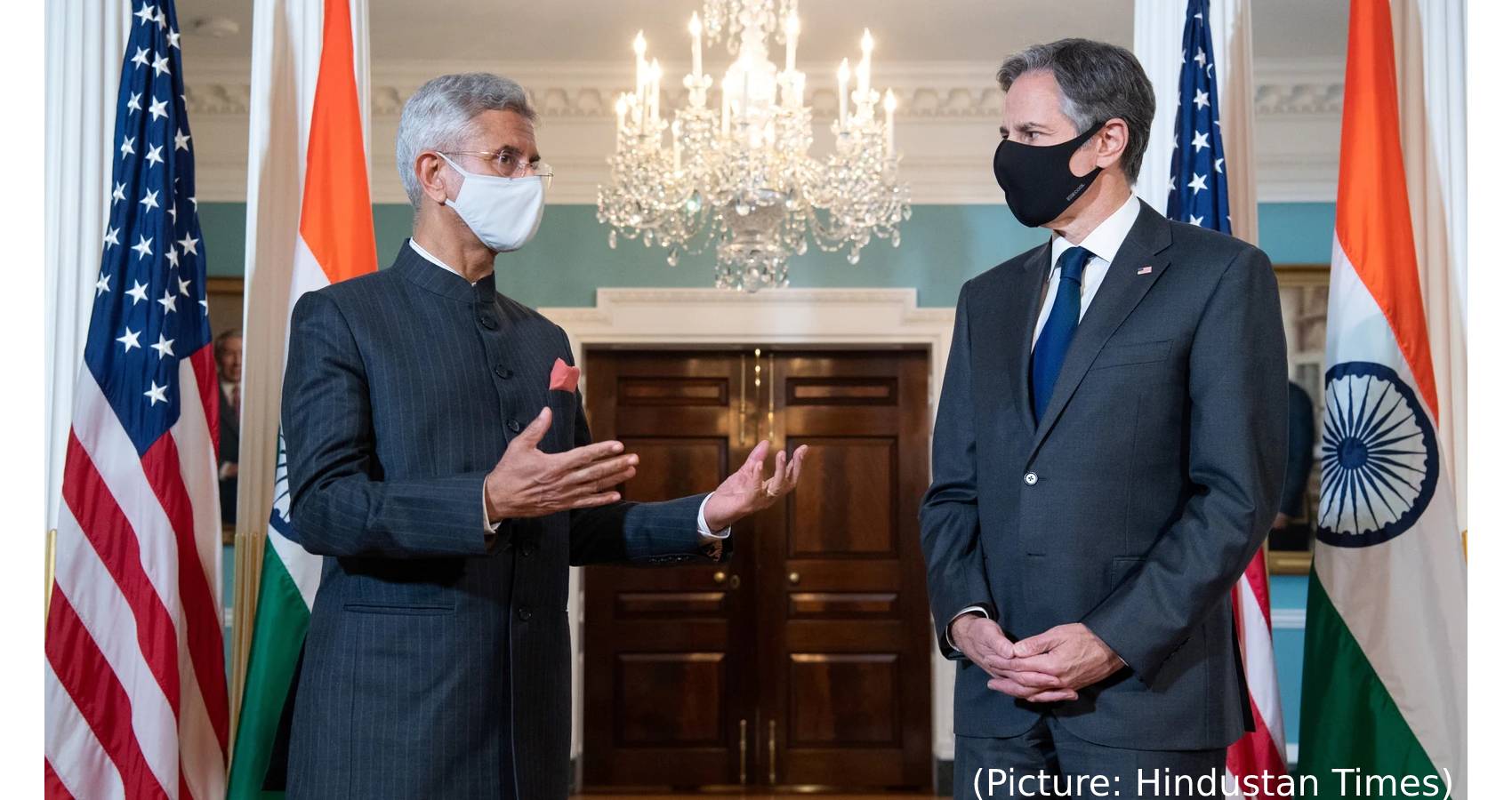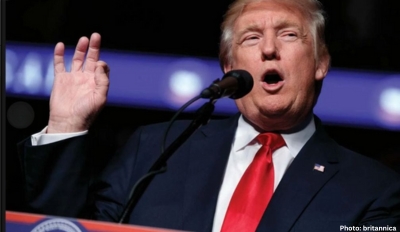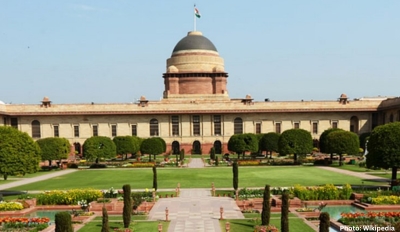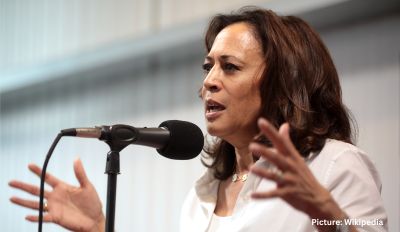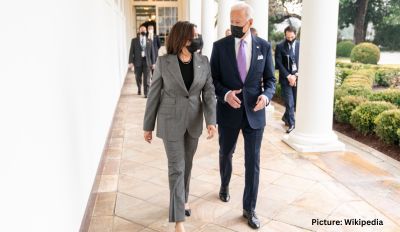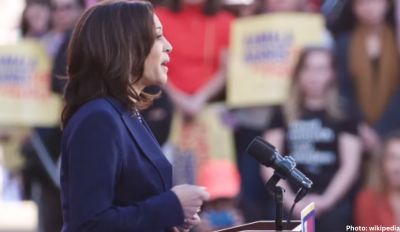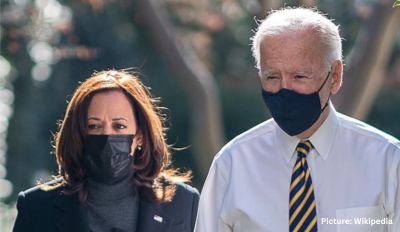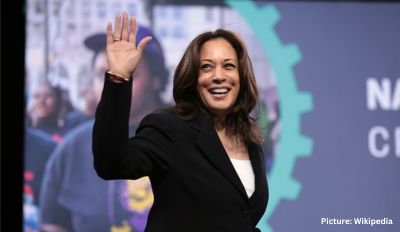Democratic values and free citizenry define India, U.S. Secretary of State Antony Blinkensaid in New Delhi, during his first ever visit to India after the Biden Administration was installed in Washington, DC. At a press conference after holding bilateral talks with his counterparts in India on Wednesday, July 28, 2021, Secretary Blinken said the United States views India through the prism of common democratic values and that there are challenges that can be ‘ugly’ that need to be dealt through “corrective mechanisms.”
“Our shared values and democratic traditions were part of our conversation,” Blinken said. “The relationship is so strong because it is a relationship between two democracies. Americans admire Indians’ commitment to rights, democracy and pluralism. Indian democracy is powered by its freethinking citizens. I approach this with humility. U.S. has challenges too. The search is for a more perfect union which means we are not perfect. Sometimes, the challenges can be painful, even ugly,” said Blinken to a question about ‘backsliding’ of democratic values in India. Blinken pointed at the free press and independent judiciary as part of the “corrective mechanism” that can repair challenges to democracy.
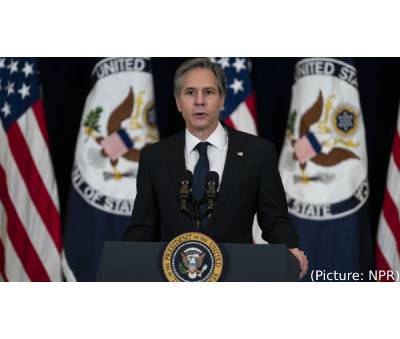 Blinken arrived in India on July 27th to discuss strengthening Indo-Pacific engagement, seen as a counter to China, as well as New Delhi’s recent human rights record and other issues. Blinken’s visit included meetings with Prime Minister Narendra Modi and senior officials on Wednesday, and was held just days after his No. 2 diplomat, Wendy Sherman, was in China for face-to-face talks.
Blinken arrived in India on July 27th to discuss strengthening Indo-Pacific engagement, seen as a counter to China, as well as New Delhi’s recent human rights record and other issues. Blinken’s visit included meetings with Prime Minister Narendra Modi and senior officials on Wednesday, and was held just days after his No. 2 diplomat, Wendy Sherman, was in China for face-to-face talks.
Earlier, at a civil society roundtable held by Antony Blinken, Inter-faith relations, the farmers’ protest, freedom of expression and the Pegasus spyware issue were discussed by the participants.
Blinken, in his first visit to the country since joining US President Joe Biden’s administration, discussed supplies of COVID-19 vaccines, the security situation in Afghanistan as well as India’s human rights record.
Speaking to a group of civil society leaders at a New Delhi hotel, Blinken said that the relationship between the United States and India was “one of the most important in the world”. And he added, “The Indian people and the American people believe in human dignity and equality of opportunity, the rule of law, fundamental freedoms including freedom of religion and belief … these are the fundamental tenets of democracies like ours. And of course, both of our democracies are works in progress. As friends we talk about that.”
The role of civil society in India also figured in the discussions, with Blinken saying in his opening remarks that democracies such as the US and India need a vibrant civil society if they are to be “more open, more inclusive, more resilient, more equitable.” He added that “all people deserve to have a voice in their government and be treated with respect”. GesheDorjiDamdul, director of the Tibet House in New Delhi; Inter-Faith Harmony Foundation of India head KhwajaIftikhar Ahmed; Representatives of the Ramakrishna Mission and Sikh and Christian organizations were part of the round table, where the seven representatives spoke and shared their concerns about the situation in India.
Concerns over the Citizenship (Amendment) Act (CAA), the deteriorating security situation in Afghanistan and China’s aggressive actions were also raised by the seven civil society representatives who joined the roundtable with the theme “Advancing equitable, inclusive, and sustainable growth and development”, according to participants who declined to be named. “The farmers protest, CAA, restrictions on the media, freedom of expression, rights of minorities, inter-faith relations and the Pegasus surveillance issue were all raised by the representatives but there was no substantial discussion on these matters,” said another participant.
Ahead of Blinken’s visit, the US had said it intended to raise human rights and democracy during his engagements in New Delhi. The US has in the recent past spoken out on issues such as the situation in Kashmir and movements such as the farmers’ protest on the outskirts of Delhi. Following the globally conducted investigation by several media outlets on Pegasus, US Secretary of State Antony Blinken said that he would discuss human rights and democracy during his two-day visit to India in a constructive way.
“I will tell you that we will raise it, and we will continue that conversation, because we firmly believe that we have more values in common on those fronts we don’t,” Acting Assistant Secretary for South and Central Asian Affairs, Dean Thompson told reporters during a conference call last week. With specific mention to the Indian government’s usage of Pegasus, Thompson said that the US is concerned with the idea of using spyware against a civil society, journalists or anybody for that matter. He also said that the US does not have a particular insight on this issue but they have been quite vocal about ensuring companies do not sell such pieces of technology.
Blinken said India and the US should continue to stand together as leading democracies at a time when global threats to democracy and international freedoms are increasing. Both sides talk about issues such as democracy as friends “because doing the hard work of strengthening democracy and making our ideals real is often challenging”, he said.
Media reports state thatBlinken flagged the concerns of the US regarding democracy and human rights during his talks with external affairs minister S Jaishankar.Asked about these issues at a joint media interaction with Jaishankar, Blinken said shared values and democratic traditions “were very much a part of our conversation today.” He described Indian democracy as a “force for good in defense of a free and open Indo-Pacific and a free and open world” and said both countries have “self-righting mechanisms” made up of free citizens of different faiths, a free media and independent courts powered by a system of free and fair elections.
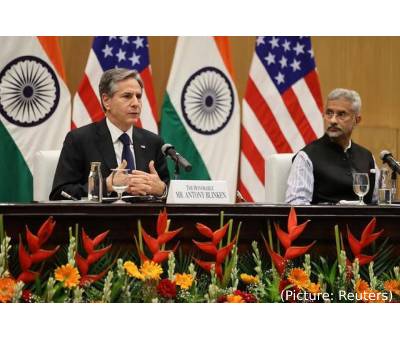 Jaishankar said he made three points to Blinken, including the fact that the “quest for a more perfect union applies as much to the Indian democracy as it does to the American one”.Ahead of Blinken’s visit, India’s foreign ministry said the country was proud of its pluralistic traditions and happy to discuss the issue with the top US diplomat.Modi’s government has faced allegations it has suppressed dissent, pursued divisive policies to appeal to its Hindu nationalist base and alienated Muslims, the country’s biggest minority.
Jaishankar said he made three points to Blinken, including the fact that the “quest for a more perfect union applies as much to the Indian democracy as it does to the American one”.Ahead of Blinken’s visit, India’s foreign ministry said the country was proud of its pluralistic traditions and happy to discuss the issue with the top US diplomat.Modi’s government has faced allegations it has suppressed dissent, pursued divisive policies to appeal to its Hindu nationalist base and alienated Muslims, the country’s biggest minority.
Opponents of Modi’s ruling Hindu nationalist party have accused it of squashing dissent and introducing policies aimed at refashioning a multi-faith democracy into a Hindu nation that discriminates against Muslims and other minorities. Modi has also been accused of trying to silence voices critical of his administration’s handling of the massive pandemic wave that tore through the country in April and May.India routinely denies criticism of its human rights record and has rejected criticism by foreign governments and rights groups that say civil liberties have shrunk in the country.
Referring to efforts in the US to become a “more perfect union,” Blinken said that “sometimes that process is painful, sometimes it’s ugly, but the strength of democracy is to embrace it”. Blinken also tweeted about “India’s pluralistic society and history of harmony” and said civil society “helps advance these values.” SecretaryBlinken announced an additional $25 million in US government funding to bolster India’s vaccine program. Blinken told a press conference following delegation-level talks between the two sides that the financing will help save lives by bolstering vaccine supply networks across India, since the country has yet to reach a double-digit mark in the percentage of completely immunized individuals.
“This funding will contribute to saving a life by strengthening vaccine supply chain logistics, addressing misinformation, vaccine hesitancy and helping to train more health care workers,” he said.The latest support from the US Agency for International Development (USAID) comes on top of the US government’s announcement of more than $200 million in Covid-19 assistance. Blinkenemphasized that the two governments are committed to putting an end to the Covid-19 pandemic in India and the US.
The New Delhi talks were expected to lay the groundwork for a summit of the Quadrilateral Security Dialogue – comprising Australia, India, Japan and the US – later this year, Indian media reported. Washington has long viewed India as a key partner in efforts to blunt increasing Chinese assertiveness in the region. The U.S. and India are part of the Quad — a group that also includes Japan and Australia — allies in the region helping deal with China’s growing economic and military strength.

